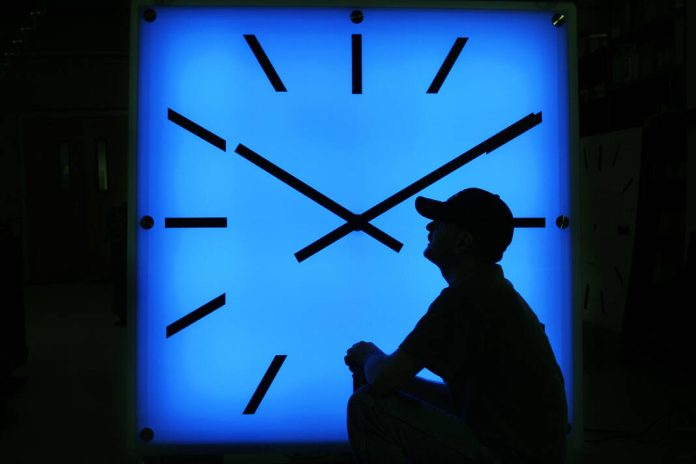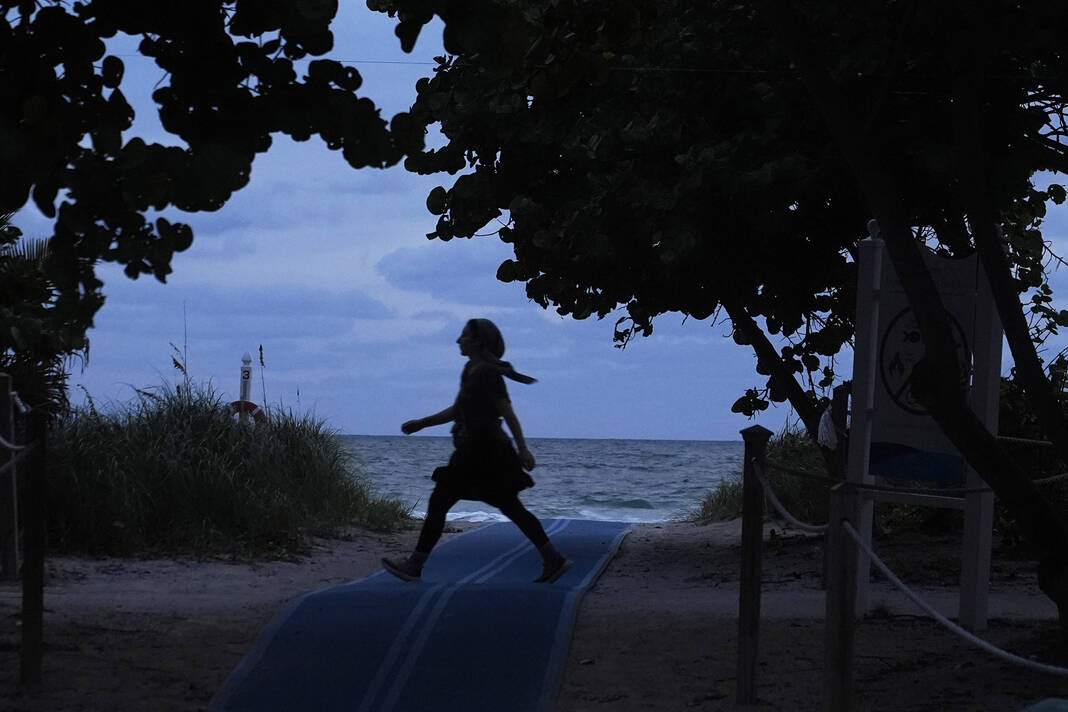
|
Only have a minute? Listen instead
Getting your Trinity Audio player ready...
|
Although we’ll technically be gaining an hour of sleep as daylight saving time comes to an end at 2 a.m. Sunday, a local physician is warning residents about some negative effects it may have on your health.
According to Dr. Federico Vallejo, a sleep specialist at DHR Health who also serves as the director of pulmonary medicine with a specialty in pulmonary critical care, daylight saving often leads to an uptick in certain medical conditions due to a disrupted sleep cycle. And that in turn can wreak havoc on your health.
“If we prolong the amount of darkness it does affect your sleep patterns, it also affects your mood,” Vallejo said. “There is clearly a psychological impact.”
He explained that during the winter months there is a higher risk for depression, anxiety as well as higher suicide rate.

According to an article by Cardiogram, daylight not only affects sleep patterns but also has a negative impact on one’s heart contributing to an increase in risk of heart attack, cardiovascular disease, blood pressure, heart rate, cortisol level, diabetes and arrhythmias.
That same article went on to explain that although the fall time change doesn’t have “nearly as detrimental” of an impact on the heart as the Spring change, the effects are still a concern.
Vallejo shared similar sentiments, adding that during the winter season he has noticed a slight uptick in heart attacks and strokes as well as an increase in hospital admissions and mental health services.
He attributes the risk to the disruption of one’s circadian rhythm or internal clock as well as the lack of sunlight exposure during the winter seasons.
Sunlight is important to help reset the circadian rhythm, with less sunlight in the winter seasons it causes a majority of people to have worse sleeping habits.
“If you change your sleeping habits because of daylight savings and you’re sleeping less you have an increased risk of cardiovascular problems, of diabetes, of mental health, of cognitive performance, (and) increased risk of car accidents. You’re also at risk of increased vitamin D deficiency because of inadequate sun exposure,” Vallejo said.
As we fall back this weekend, Vallejo recommends everyone try to increase their sun exposure during daylight saving by having a fixed sleeping schedule to minimize side effects.



